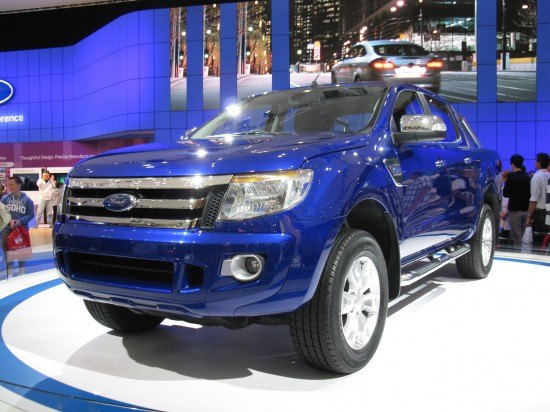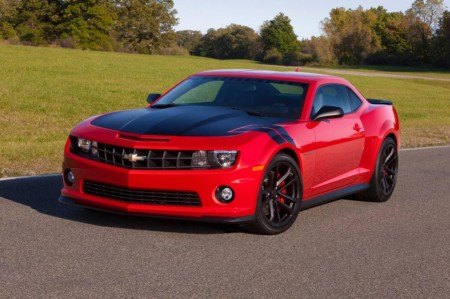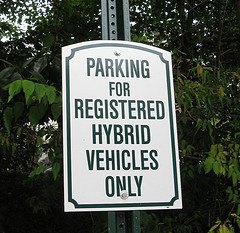#ECE
Ford Pushes Congress For Vehicle Standards Harmonization
A U.S. House of Represenatives subcommittee meeting became a forum for Ford to advocate on behalf of harmonized vehicle standards, as the US and EU continue to discuss a possible free trade deal.
Ford Calls For Harmonized US-EU Vehicle Standards, Will Help Niche Vehicles
With a US-EU free trade agreement looming on the horizon, Ford is calling for a harmonization between the US and EU vehicle standards, as well as a removal of tariffs on vehicles between the two entities.
Canadian Government Investigating Price Discrepancies For New Cars
Every Canadian consumer knows that when it comes to new car prices, we get screwed. Yes, Canada is a small market with higher taxes. It costs more to do business here in part because the high distribution costs can’t be amortized over 300-odd million people. In addition, things like metric instruments further complicate things.
But then there’s the question of why a Toyota RAV4, built two hours outside of Toronto, costs $2,890 less in Hawaii than it does in Canada. Why does an Oshawa-built Camaro demand a $4,685 premium in Canada? Where does BMW get off charging a $19,300 premium in the Great White North for a 535i xDrive, a 38.9 percent increase over the U.S. sticker?
Japan To Set World Standard For Hybrids And EVs
The United Nations UNECE World Forum for Harmonization of Vehicle Regulations is likely to adopt many Japanese safety rules for hybrid and electric vehicles as a global standard, says the Nikkei [sub].
Currently, there are no ECE safety standards for hybrid and electric vehicles. Japan has pushed its domestic safety rules to be adopted as international standards. Chances for adoption are good, Japanese companies and rulemakers are the pioneers in the field. Europe, which usually dominates ECE rule making, is lagging behind in the development of hybrid and electric vehicles, and doesn’t have much to lose if the Japanese standards are accepted.
Chinese Bears on the Loose in Europe
China’s Greatwall is apparently hell-bent on selling their Coolbear MPV in Europe next year. China Car Times reports that Greatwall has received the ECE Whole Vehicle Type Approval (WVTA,) awarded by the UK Vehicle Certification Agency (VCA.) The WVTA testing covers 48 different tests; 13 on active safety, 13 on passive safety and 8 on emissions and environmental protection. Passing the test makes the Coolbear legal to sell all over Europe and in any and all countries that accept the ECE regimen.




















Recent Comments